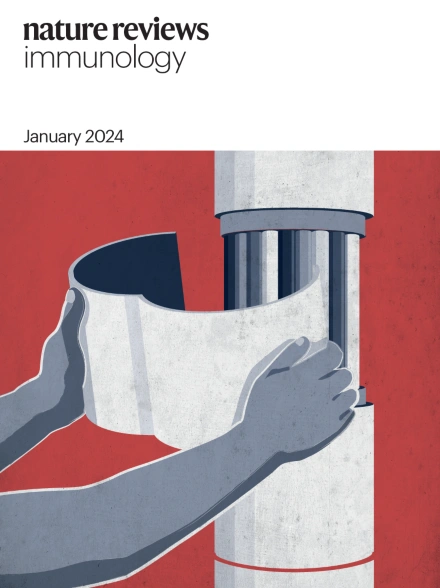太空免疫学:太空飞行及其相关压力源对免疫系统的影响。
IF 60.9
1区 医学
Q1 IMMUNOLOGY
引用次数: 0
摘要
随着人类开始更长、更深的太空任务,了解太空飞行如何影响免疫系统是至关重要的。在最近的多组学分析的支持下,几十年的发现已经确定了受航天环境影响的关键免疫过程。这些发现构成了新兴领域“天体免疫学”的基础。航天压力源————如微重力和银河宇宙辐射————和其他与任务有关的变量,包括心理压力和异常的昼夜节律,可破坏或对免疫细胞生物学产生不利影响。此外,太空飞行改变了宿主-微生物组的相互作用,这可能增加对机会性病原体和病毒再激活的易感性。尽管人类太空飞行的地面类似物已经提供了对这些压力源的单独见解,但它们在太空飞行中的综合影响仍然知之甚少。这篇综述探讨了我们目前对太空飞行压力源对免疫系统的影响以及对人类太空探索的临床意义的了解。它还强调了当前和正在制定的对策,包括机器学习方法、先进监测技术和标准化生物银行,这些措施可以促进研究航天对免疫系统的影响。展望未来,从近地轨道任务到月球、火星和更远的长期任务的进展将带来新的挑战,包括增加的辐射、变化的重力和风化层暴露。我们讨论了这些潜在的挑战,并概述了维持免疫健康的潜在预防和缓解战略,以实现安全有效的空间探索和遥远世界的居住。本文章由计算机程序翻译,如有差异,请以英文原文为准。
Astroimmunology: the effects of spaceflight and its associated stressors on the immune system.
As humans embark on longer and deeper missions into space, it is crucial to understand how spaceflight impacts the immune system. Decades of discoveries, bolstered by recent multiomic analyses, have identified key immune processes that are affected by the spaceflight environment. These findings form the foundations of the emerging field of 'astroimmunology'. Spaceflight stressors - such as microgravity and galactic cosmic radiation - and other mission-associated variables, including psychological stress and abnormal circadian rhythms, can disrupt or adversely affect immune cell biology. In addition, spaceflight alters host-microbiome interactions, which can increase susceptibility to opportunistic pathogens and viral reactivation. Although ground-based analogues for human spaceflight have provided insights into these stressors individually, their combined effects during spaceflight remain less understood. This Review explores our current knowledge of the effects of spaceflight stressors on the immune system and the clinical implications for human space exploration. It also highlights current and developing countermeasures, including machine-learning approaches, advanced monitoring technologies and standardized biobanking, that can facilitate research into the impact of spaceflight on the immune system. Looking ahead, progressing from low Earth orbit missions to long-term missions to the Moon, Mars and beyond will introduce new challenges, including increased radiation, variable gravity and regolith exposure. We discuss these prospective challenges and outline potential preventive and mitigative strategies for sustaining immune health to enable safe and effective space exploration and habitation of distant worlds.
求助全文
通过发布文献求助,成功后即可免费获取论文全文。
去求助
来源期刊

Nature Reviews Immunology
医学-免疫学
CiteScore
93.40
自引率
0.40%
发文量
131
审稿时长
6-12 weeks
期刊介绍:
Nature Reviews Immunology is a journal that provides comprehensive coverage of all areas of immunology, including fundamental mechanisms and applied aspects. It has two international standard serial numbers (ISSN): 1474-1733 for print and 1474-1741 for online. In addition to review articles, the journal also features recent developments and new primary papers in the field, as well as reflections on influential people, papers, and events in the development of immunology. The subjects covered by Nature Reviews Immunology include allergy and asthma, autoimmunity, antigen processing and presentation, apoptosis and cell death, chemokines and chemokine receptors, cytokines and cytokine receptors, development and function of cells of the immune system, haematopoiesis, infection and immunity, immunotherapy, innate immunity, mucosal immunology and the microbiota, regulation of the immune response, signalling in the immune system, transplantation, tumour immunology and immunotherapy, and vaccine development.
 求助内容:
求助内容: 应助结果提醒方式:
应助结果提醒方式:


